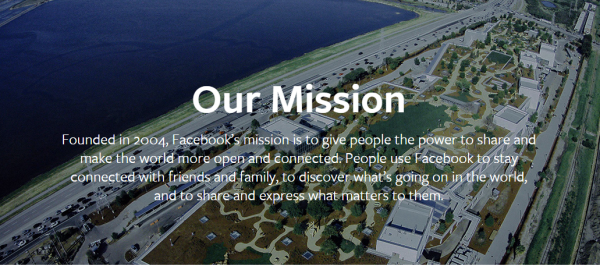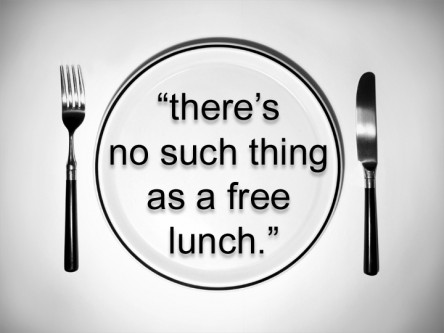(Repost) SERVICE – One Percent Provides It, Ninety Nine Percent Needs It (Facebook Business Analysis)

Facebook Company Info
http://newsroom.fb.com/company-info
(Editors Note – Sunday August 6, 2015)
Article originally published on May 4, 2012 by Rylan BranchWelcome Home!
This is more of a mental note to assist in shifting the focus of our efforts to the things that really matter, and with the recent news of a new milestone recently reached by Facebook, of having one billion active users using the service in one day, the decision was made to see how we here at Your Friendly Neighborhood PimpHop.com can actually contribute to the cause of service in exchange for the services that we use that are provided by Facebook Inc. and we subsequently discovered the informative website link listed above, and since our mission statement says“A continuous supply of useful information regarding quality people, places, and things offered to you in a centralized location in real time.”
and we can and do act in the capacity of a news outlet, we will assist both Facebook and its users including our own organization, by bringing awareness to the inside scoop and have it serve as a demonstration of what is stated below in regards to service in hopes of encouraging more individuals to think and act like the winners do, and subsequently attain similar winning results.
Think Bigger And Better!
(End Note)
service
[sur-vis]
noun
1. an act of helpful activity; help; aid: to do someone a service.2. the supplying or supplier of utilities or commodities, as water, electricity, or gas, required or demanded by the public.
3. the providing or a provider of accommodation and activities required by the public, as maintenance, repair, etc.: The manufacturer guarantees service and parts.
4. the organized system of apparatus, appliances, employees, etc., for supplying some accommodation required by the public: a television repair service.
5. the supplying or a supplier of public communication and transportation: telephone service; bus service.
Welcome Home and T.G.I.F. (Thank God It’s Freeday).
This is one of those crossroads post that invites any who are willing and/or able to decide the side on which they are best suited to stand, and since all begins with a simple thought, we can conserve time and energy by simply using this as a proper order focal point foundation to build upon.
As with this particular form of service due to its infancy and toddler stages of development, the jury is still out in regards to solid and consistent monetary profitability, and as online social mediaj organizations that offer their services to hundreds of millions of active users free of monetary charge, the promise of profitability in some future time seems to be the driving force behind large scale investments into these types of ventures while the tech insiders most assuredly are aware that the return on investment in advertising revenues while seeming to be promising, has yet to prove itself as such, yet as usual, the same age old rules of human existence are in place, one of which is listed below as a different yet relevant perspective to consider in regards to the giving and receiving of anything, including but not limited to service.
There Ain’t No Such Thing As A Free Lunch
“There ain’t no such thing as a free lunch” (alternatively, “There’s no such thing as a free lunch” or other variants) is a popular adage communicating the idea that it is impossible to get something for nothing. The acronyms TANSTAAFL and TINSTAAFL are also used. Uses of the phrase dating back to the 1930s and 1940s have been found, but the phrase’s first appearance is unknown. The “free lunch” in the saying refers to the nineteenth century practice in American bars of offering a “free lunch” as a way to entice drinking customers. The phrase and the acronym are central to Robert Heinlein’s 1966 libertarian science fiction novel The Moon is a Harsh Mistress, which popularized it.The free-market economist Milton Friedman also popularized the phrase by using it as the title of a 1975 book, and it often appears in economics textbooks; Campbell McConnell writes that the idea is “at the core of economics”.
Source: en.wikipedia.org/wiki/There_ain’t_no_such_thing_as_a_free_lunch





